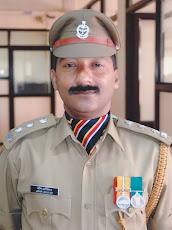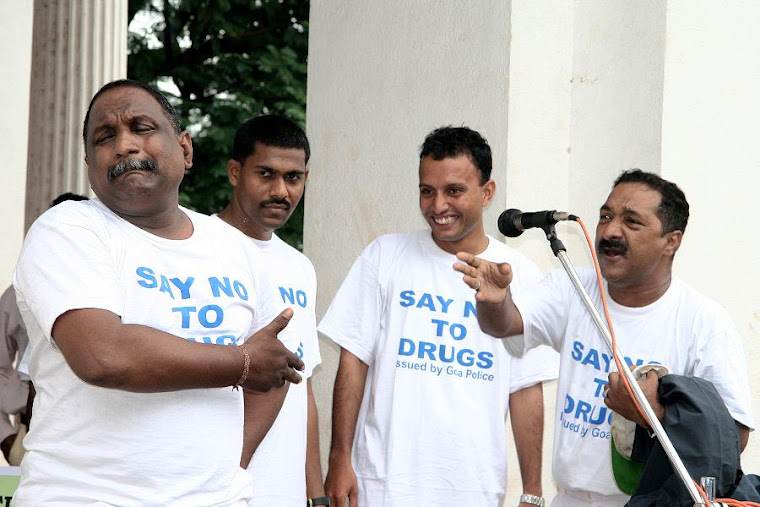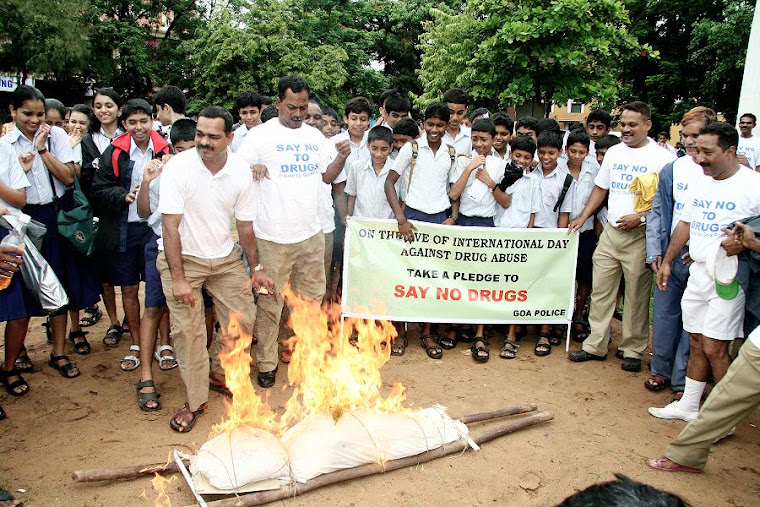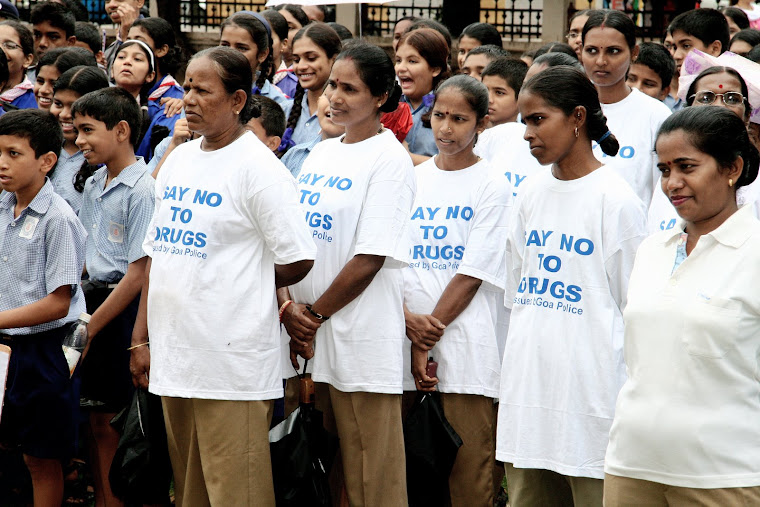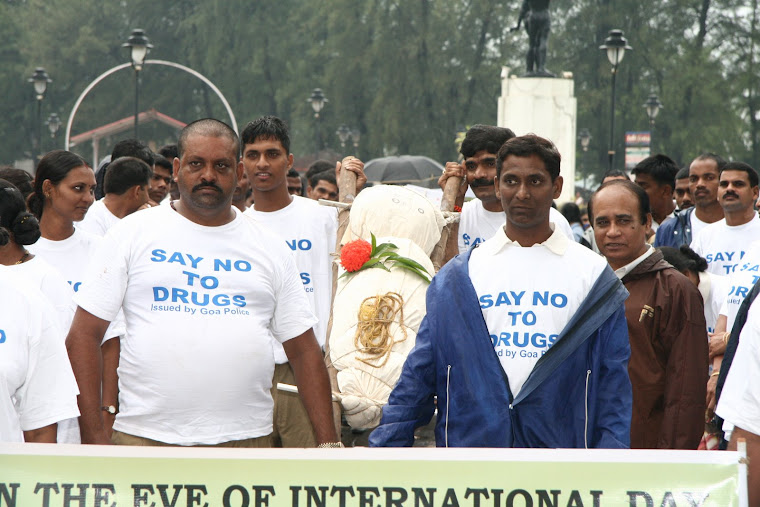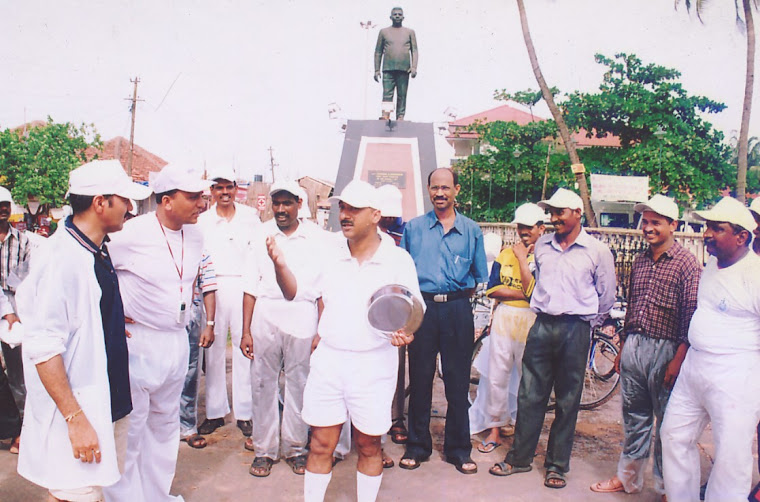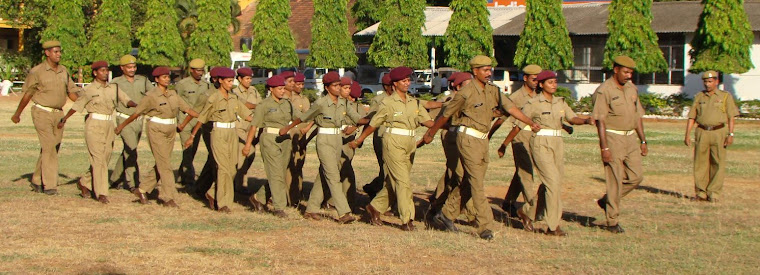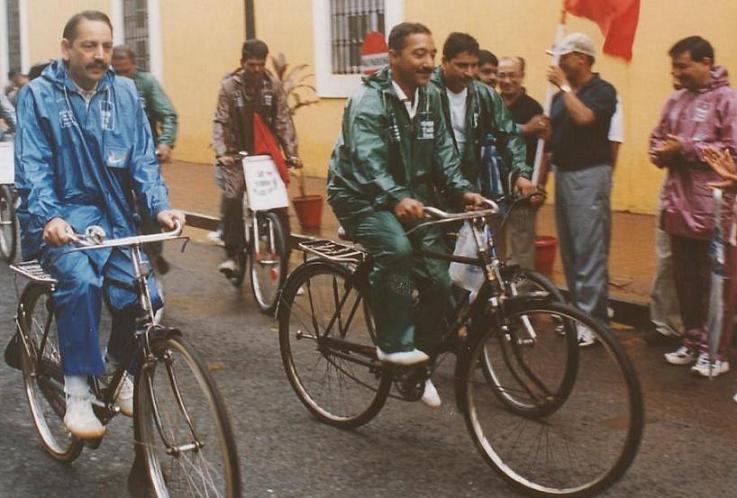“Emergency Methods of Emergencey” were demonstrated at NCC Camp for the senior division and junior division NCC Army cadets commenced at the Shree Bhumika High School, Parye on November 9, 2013.
Shri John Aguiar , Hon. Company Commander of Home Guards Panaji Division and PRO Goa Police Department said that Disaster management can be defined as the organization and management of resources and responsibilities for dealing with all humanitarian aspects of emergencies, in particular preparedness, response and recovery in order to lessen the impact of disasters.
He said there is no country that is immune from disaster, though vulnerability to disaster varies. He explained that there are four main types of disasters such as Natural disasters, Environmental emergencies, Complex emergencies and Pandemic emergencies.
A team led by Shri Aguiar and comprised of Platoon Commander Shri Suresh Patekar, Platoon Commander Shri Uday Kurtarkar, Sergant Anand Naik, HG Narayan Pagi and HG Laximan Harmalkar conducted a demonstration on “Emergency Methods of Emergencey”. It was explained that sometimes rescue materials are not available to the rescue team at site in emergency situations. The methods demonstrated were Rescues with One Rescuer ,. Human Crutch- where the rescuer acts as crutch to the injured. Pick-a-back ,Pick-a-Back (Reverse) ,. Fireman’s Lift, Toe drag, Blanket lift and others.
Col. Nand Kishore appreciated the efforts of the Home Guards and Civil Defence organization to cum and present a lecute cum demonstrations to the cadets.
Col. S. K. Samanta Admn Officer, Camp Adjutant Major Dr. Tushar Anvekar, Captain Dr Sanjay P Sawant were also present.
Major S. B. Dharwadkar proposed a vote of thanks.












